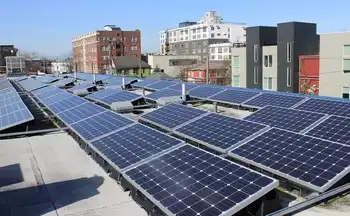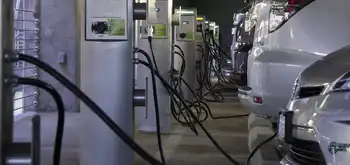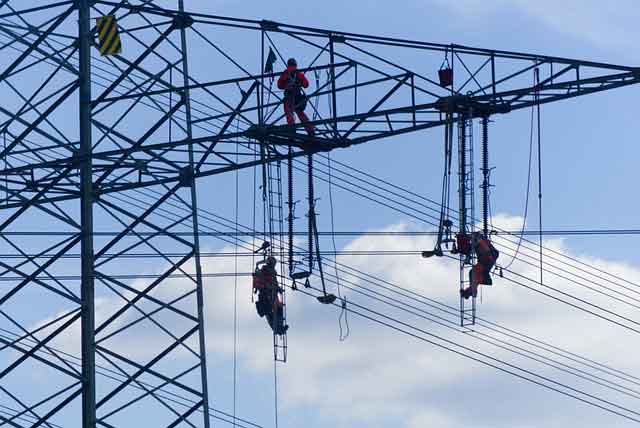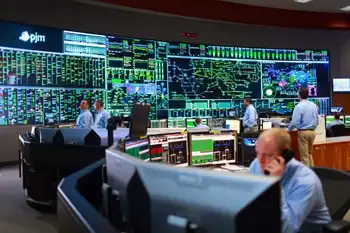Florida Power & Light Faces Controversy Over Hurricane Rate Surcharge
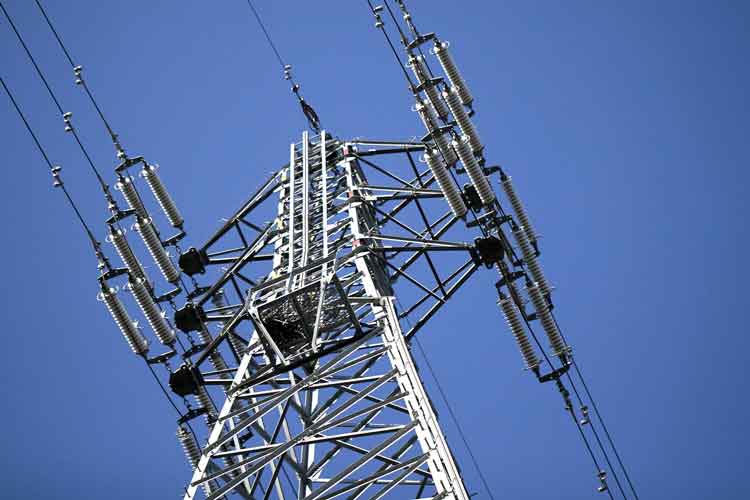
Arc Flash Training CSA Z462 - Electrical Safety Essentials
Our customized live online or in‑person group training can be delivered to your staff at your location.

- Live Online
- 6 hours Instructor-led
- Group Training Available
FPL Hurricane Surcharge explained: restoration costs, Florida PSC review, rate impacts, grid resilience, and transparency after Hurricanes Debby and Helene as FPL funds infrastructure hardening and rapid storm recovery across Florida.
Key Points
A fee by Florida Power & Light to recoup hurricane restoration costs, under Florida PSC review for consumer fairness.
✅ Funds Debby and Helene restoration, materials, and crews
✅ Reviewed by Florida PSC for consumer protection and fairness
✅ Raises questions on grid resilience, transparency, and renewables
In the aftermath of recent hurricanes, Florida Power & Light (FPL) is under scrutiny as it implements a rate surcharge, alongside proposed rate hikes that span multiple years, to help cover the costs of restoration and recovery efforts. The surcharges, attributed to Hurricanes Debby and Helene, have stirred significant debate among consumers and state regulators, highlighting the ongoing challenges of hurricane preparedness and response in the Sunshine State.
Hurricanes are a regular threat in Florida, and FPL, as the state's largest utility provider, plays a critical role in restoring power and services after such events. However, the financial implications of these natural disasters often leave residents questioning the fairness and necessity of additional charges on their monthly bills. The newly proposed surcharge, which is expected to affect millions of customers, has ignited discussions about the adequacy of the company’s infrastructure investments and its responsibility in disaster recovery.
FPL’s decision to implement a surcharge comes as the company faces rising operational costs due to extensive damage caused by the hurricanes. Restoration efforts are not only labor-intensive but also require significant investment in materials and equipment to restore power swiftly and efficiently. With the added pressures of increased demand for electricity during peak hurricane seasons, utilities like FPL must navigate complex financial landscapes, similar to Snohomish PUD's weather-related rate hikes seen in other regions, while ensuring reliable service.
Consumer advocacy groups have raised concerns over the timing and justification for the surcharge. Many argue that frequent rate increases following natural disasters can strain already financially burdened households, echoing pandemic-related shutoff concerns raised during COVID that heightened energy insecurity. Florida residents are already facing inflationary pressures and rising living costs, making additional surcharges particularly difficult for many to absorb. Critics assert that utility companies should prioritize transparency and accountability, especially when it comes to costs incurred during emergencies.
The Florida Public Service Commission (PSC), which regulates utility rates and services, even as California regulators face calls for action amid soaring bills elsewhere, is tasked with reviewing the surcharge proposal. The commission’s role is crucial in determining whether the surcharge is justified and in line with the interests of consumers. As part of this process, stakeholders—including FPL, consumer advocacy groups, and the general public—will have the opportunity to voice their opinions and concerns. This input is essential in ensuring that the commission makes an informed decision that balances the utility’s financial needs with consumer protection.
In recent years, FPL has invested heavily in strengthening its infrastructure to better withstand hurricane impacts. These investments include hardening power lines, enhancing grid resilience, and implementing advanced technologies for quicker recovery, with public outage prevention tips also promoted to enhance preparedness. However, as storms become increasingly severe due to climate change, the question arises: are these measures sufficient? Critics argue that more proactive measures are needed to mitigate the impacts of future storms and reduce the reliance on post-disaster rate increases.
Additionally, the conversation around climate resilience is becoming increasingly prominent in discussions about energy policy in Florida. As extreme weather events grow more common, utilities are under pressure to innovate and adapt their systems. Some experts suggest that FPL and other utilities should explore alternative strategies, such as investing in decentralized energy resources like solar and battery storage, even as Florida declined federal solar incentives that could accelerate adoption, which could provide more reliable service during outages and reduce the overall strain on the grid.
The issue of rate surcharges also highlights a broader conversation about the energy landscape in Florida. With a growing emphasis on renewable energy and sustainability, consumers are becoming more aware of the environmental impacts of their energy choices, and some recall a one-time Gulf Power bill decrease as an example of short-term relief. This shift in consumer awareness may push utilities like FPL to reevaluate their business models and explore more sustainable practices that align with the public’s evolving expectations.
As FPL navigates the complexities of hurricane recovery and financial sustainability, the impending surcharge serves as a reminder of the ongoing challenges faced by utility providers in a climate-volatile world. While the need for recovery funding is undeniable, the manner in which it is implemented and communicated will be crucial in maintaining public trust and ensuring fair treatment of consumers. As discussions unfold in the coming weeks, all eyes will be on the PSC’s decision and FPL’s approach to balancing recovery efforts with consumer affordability.





